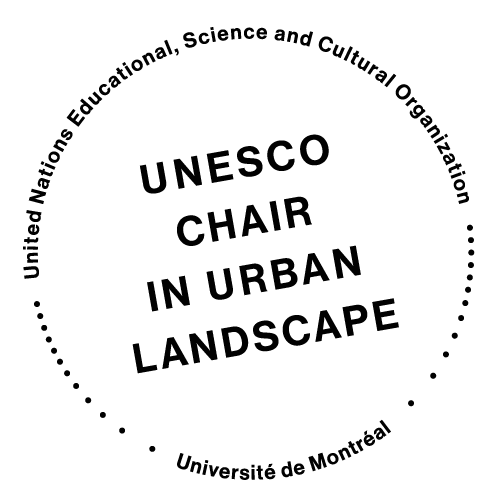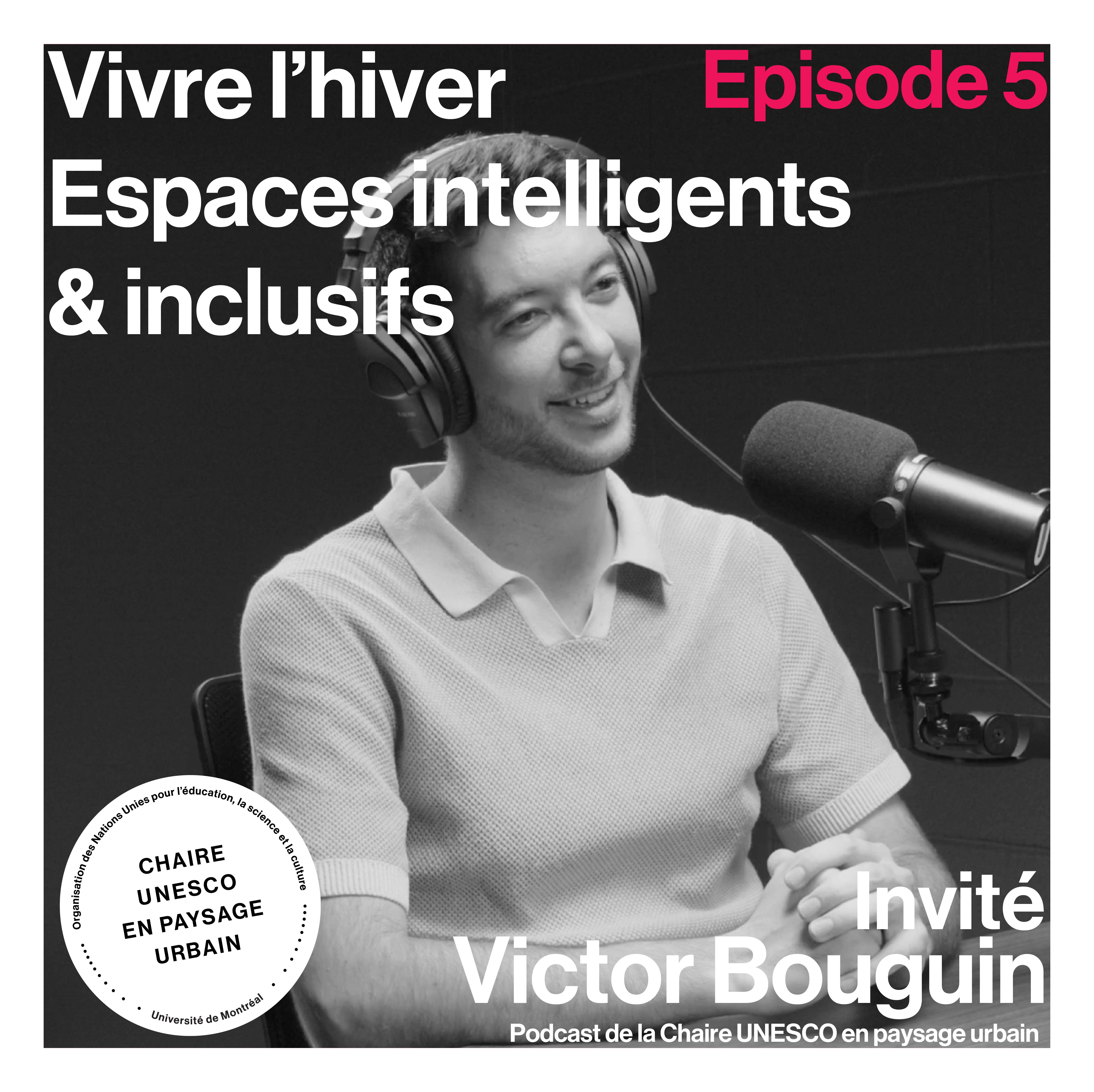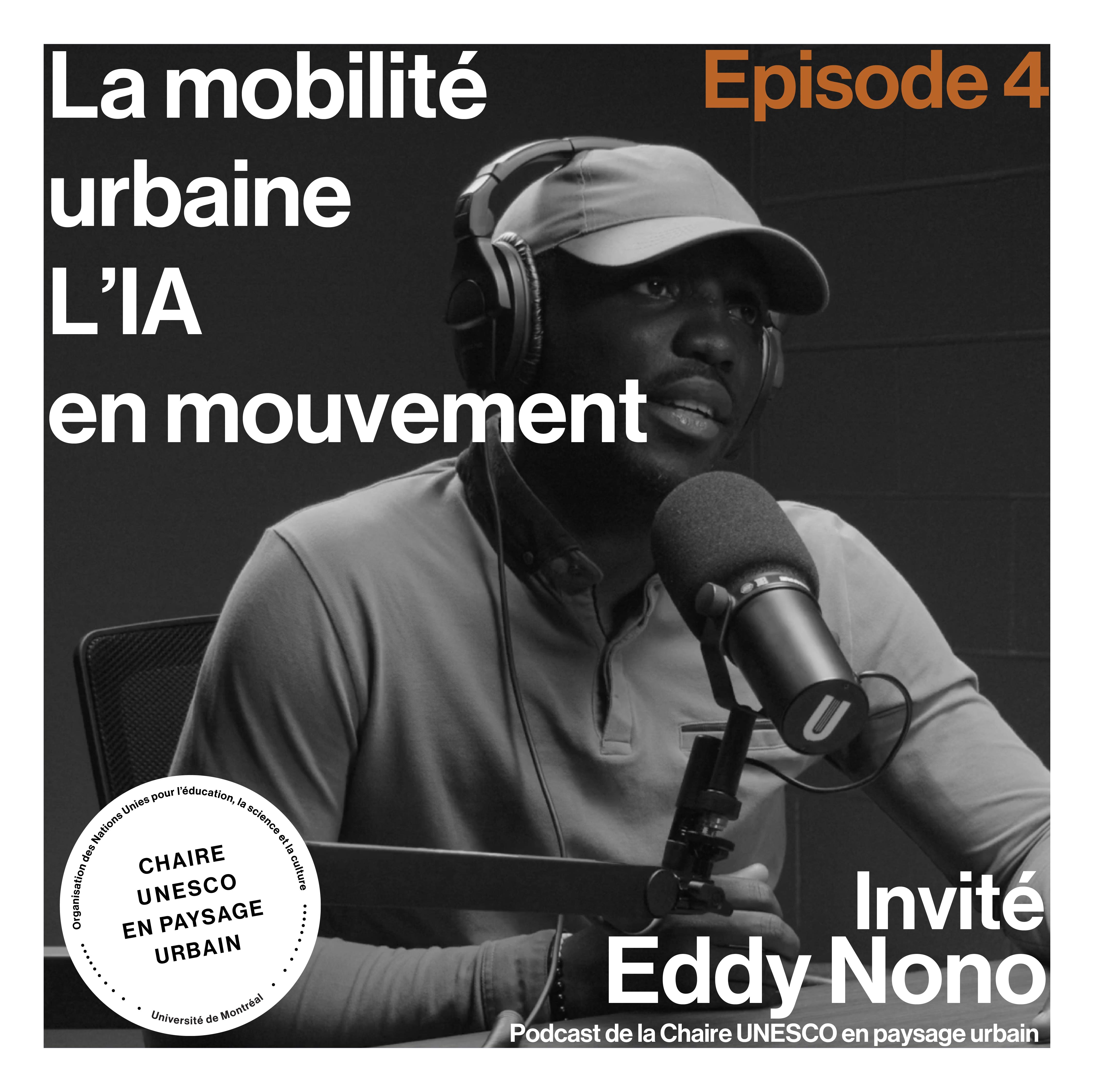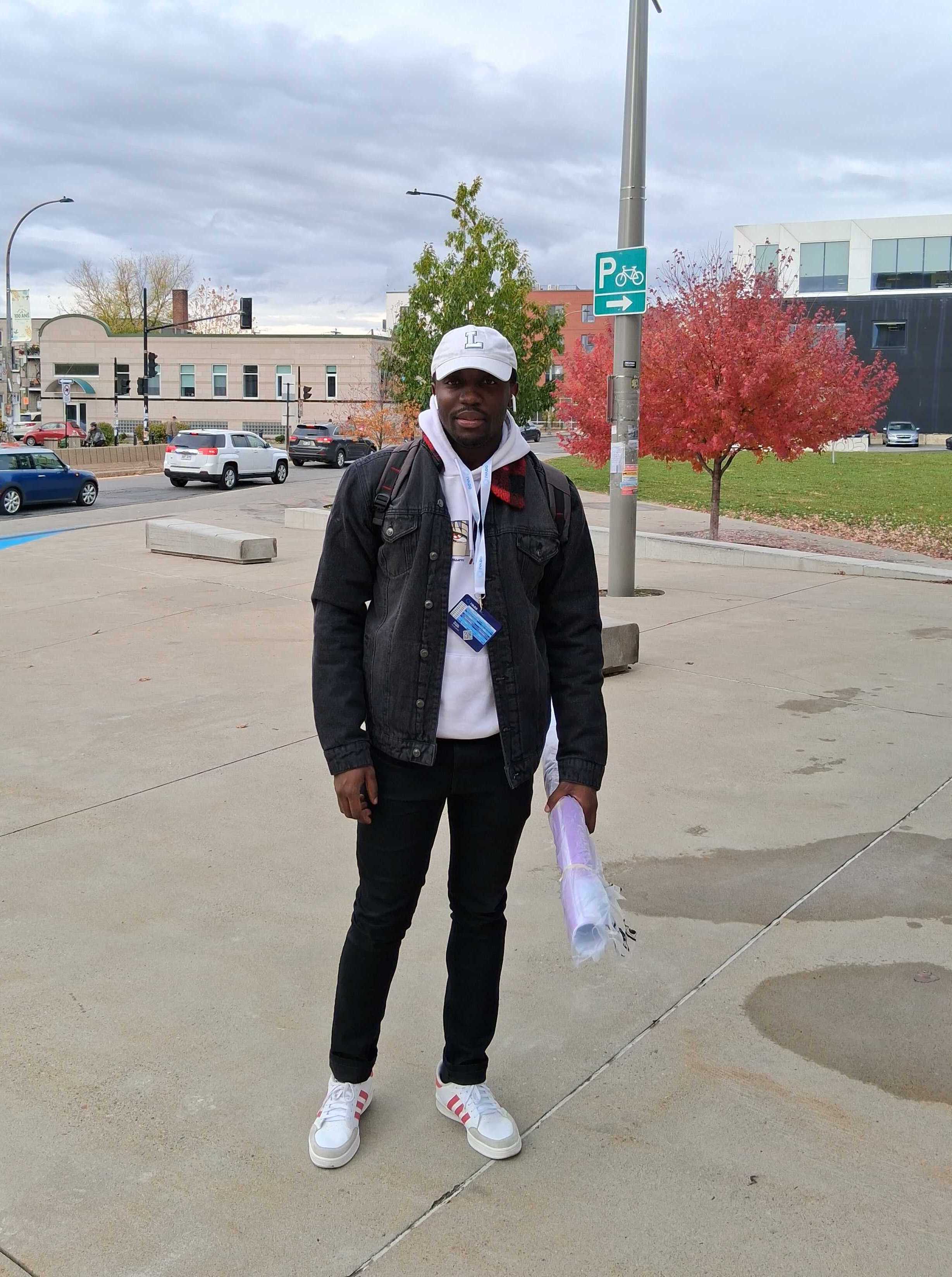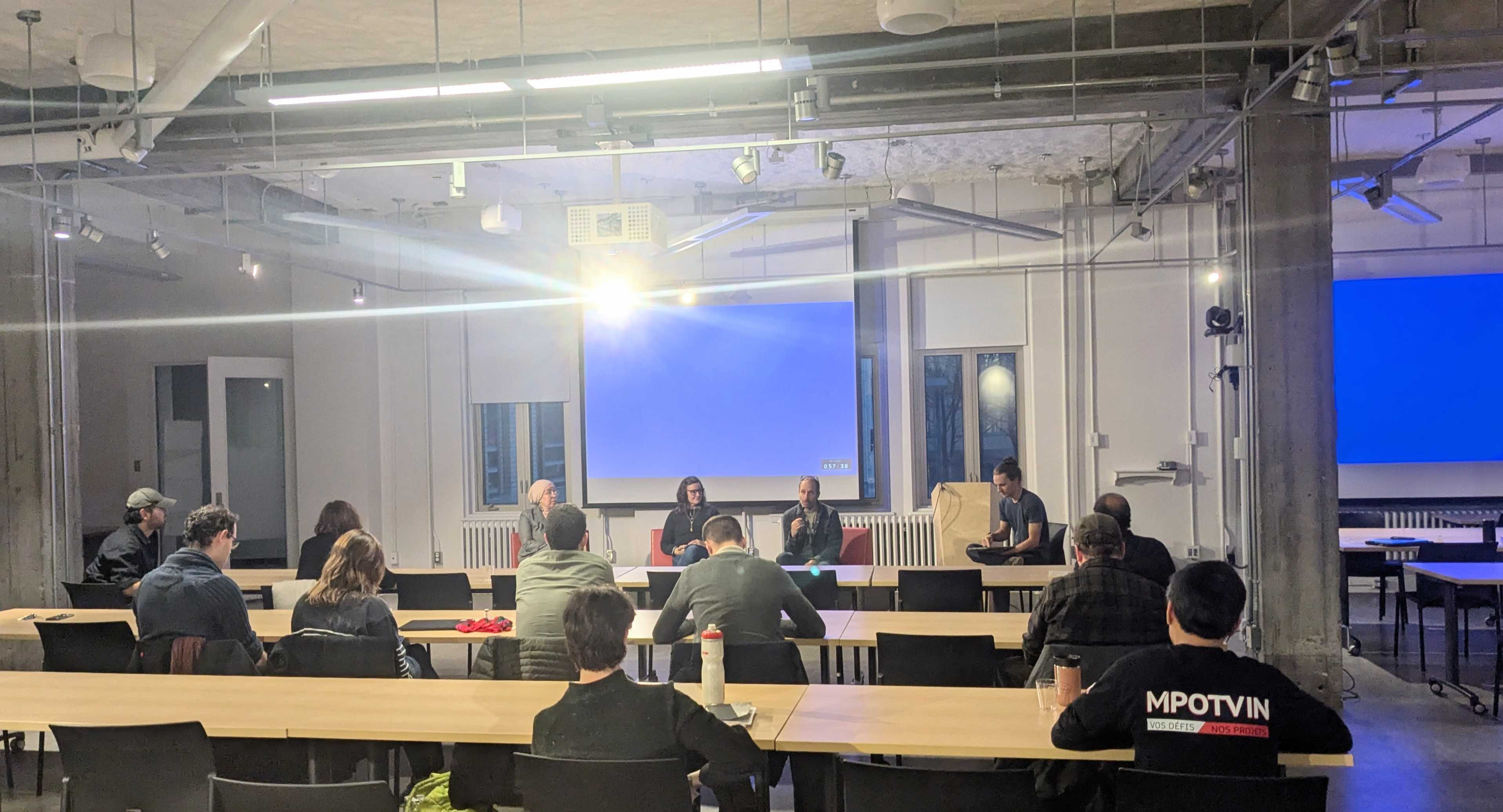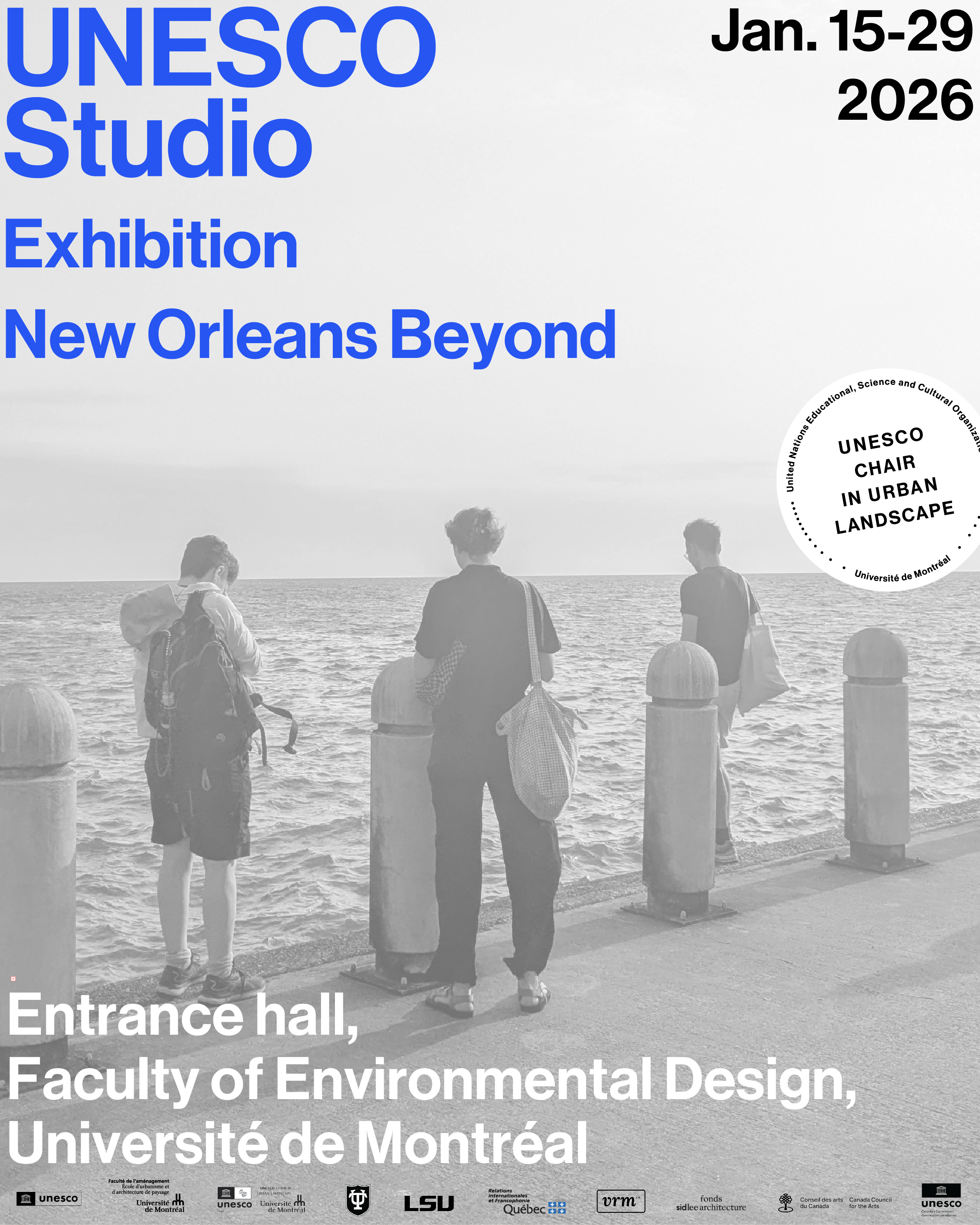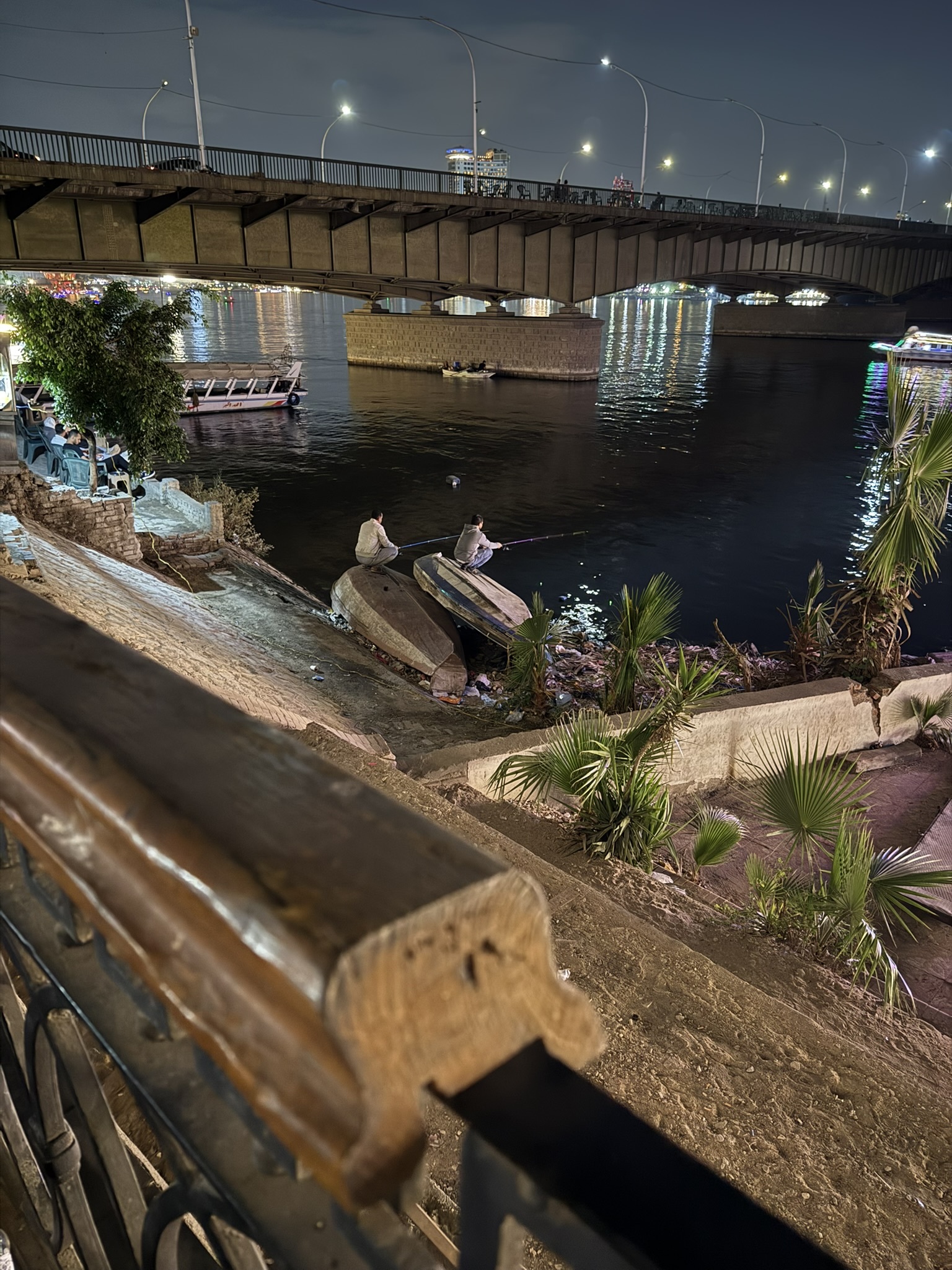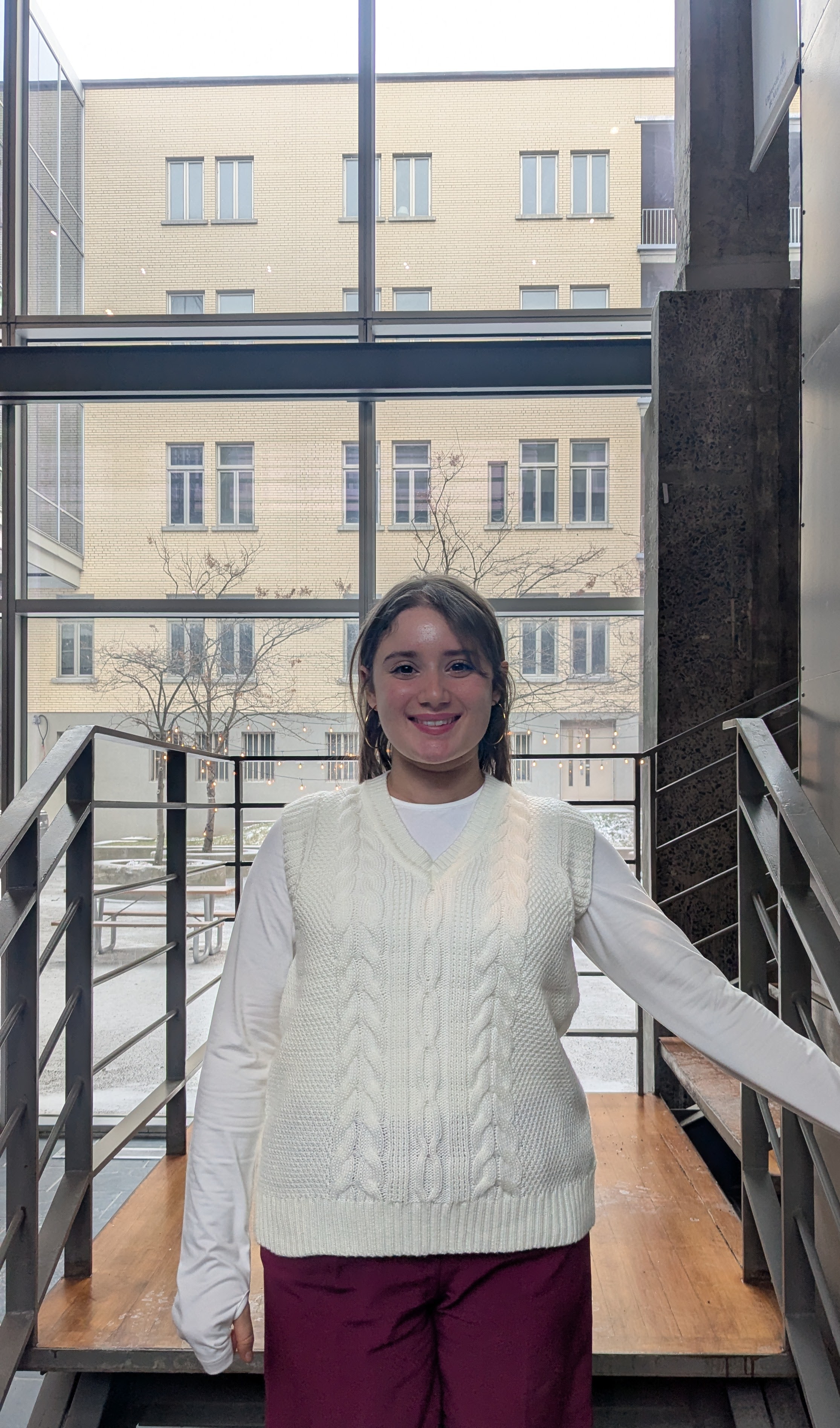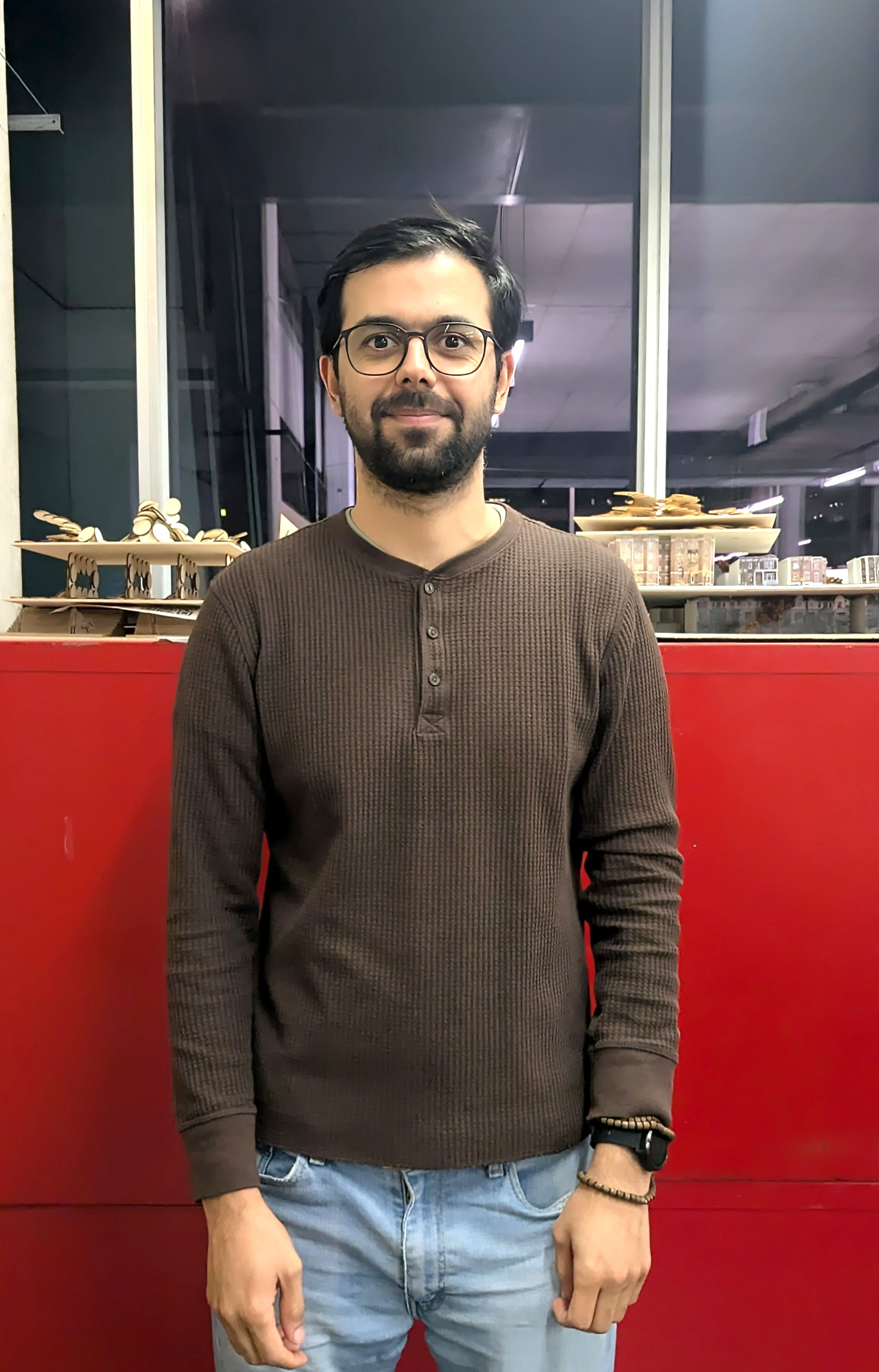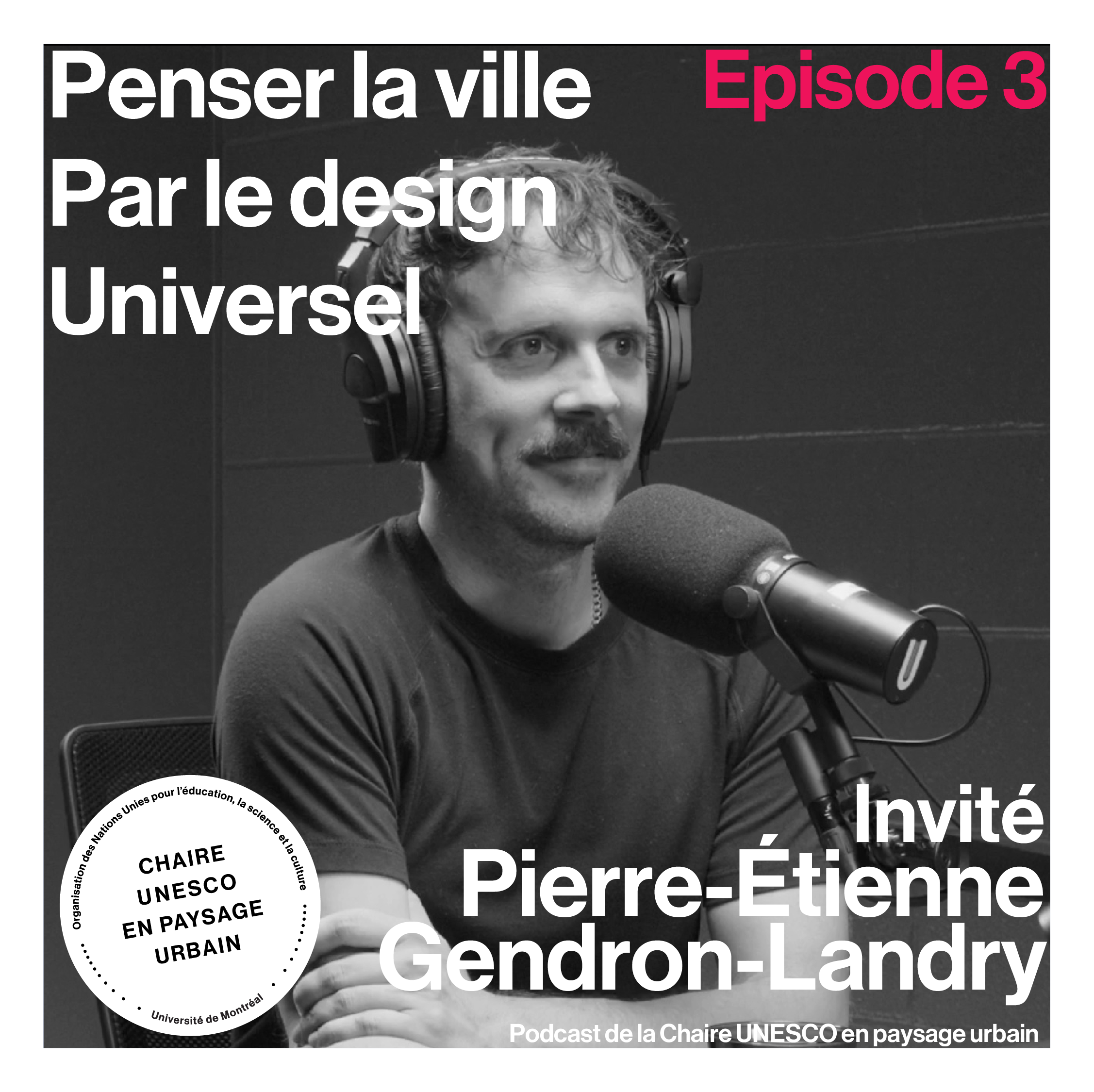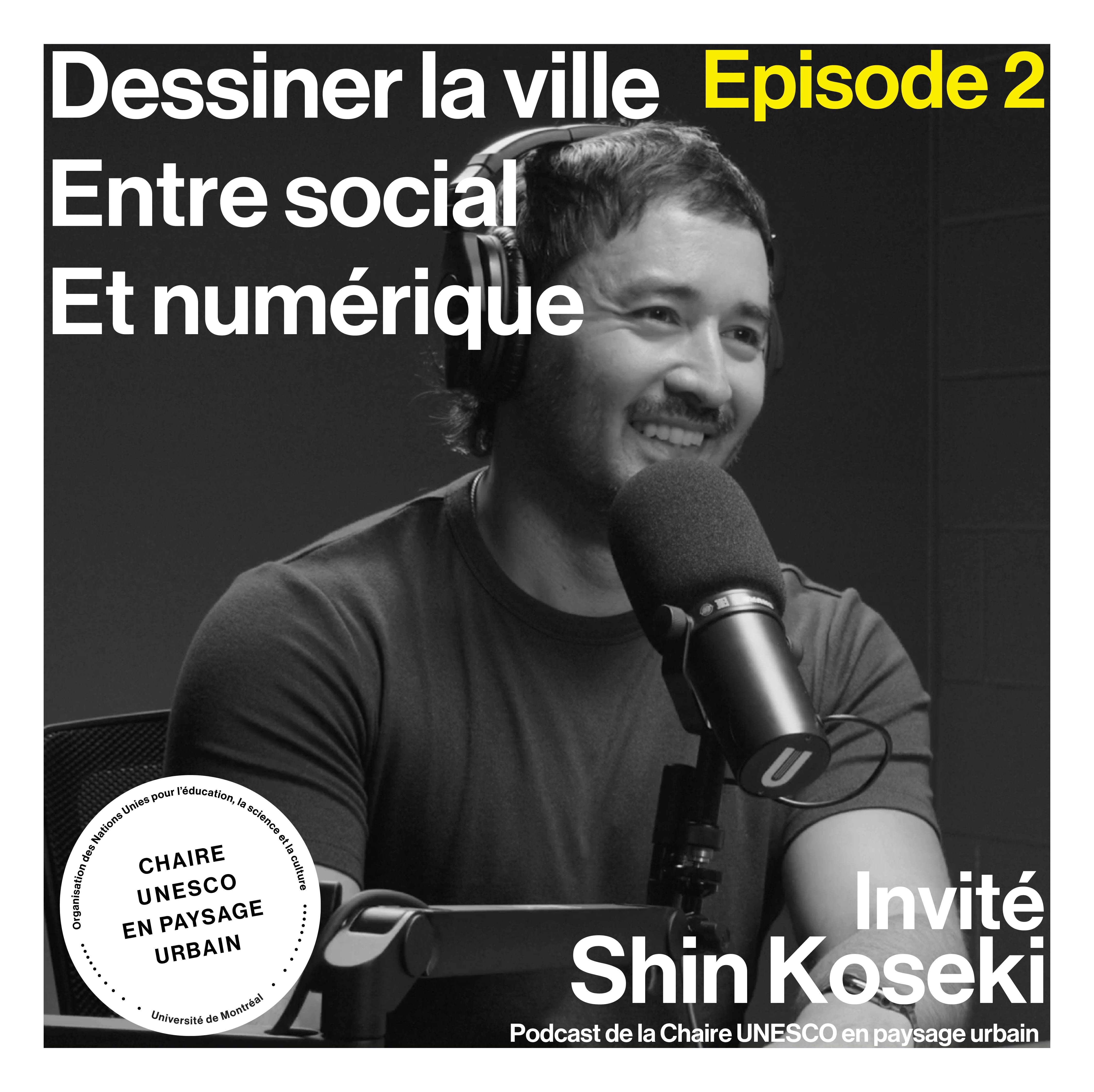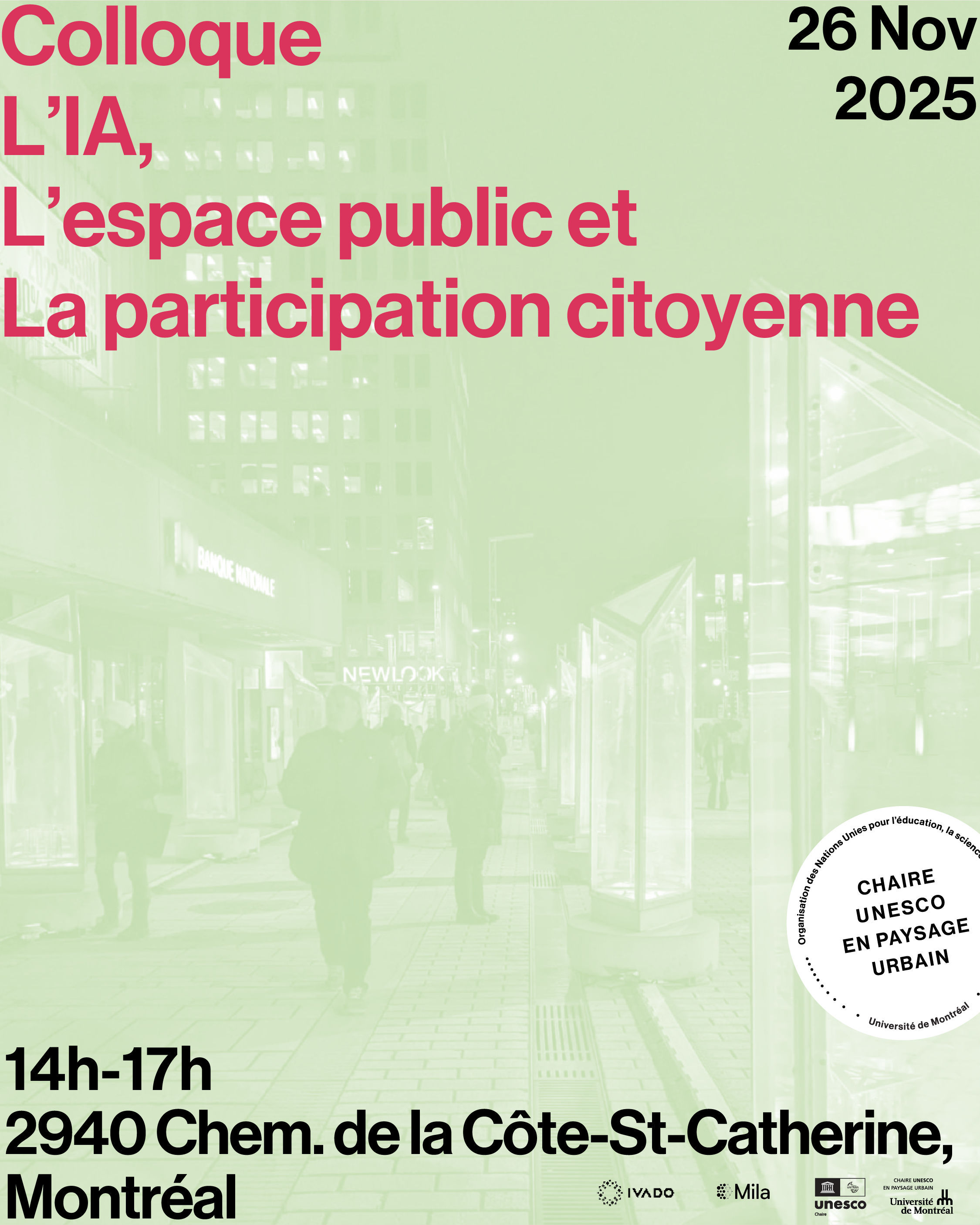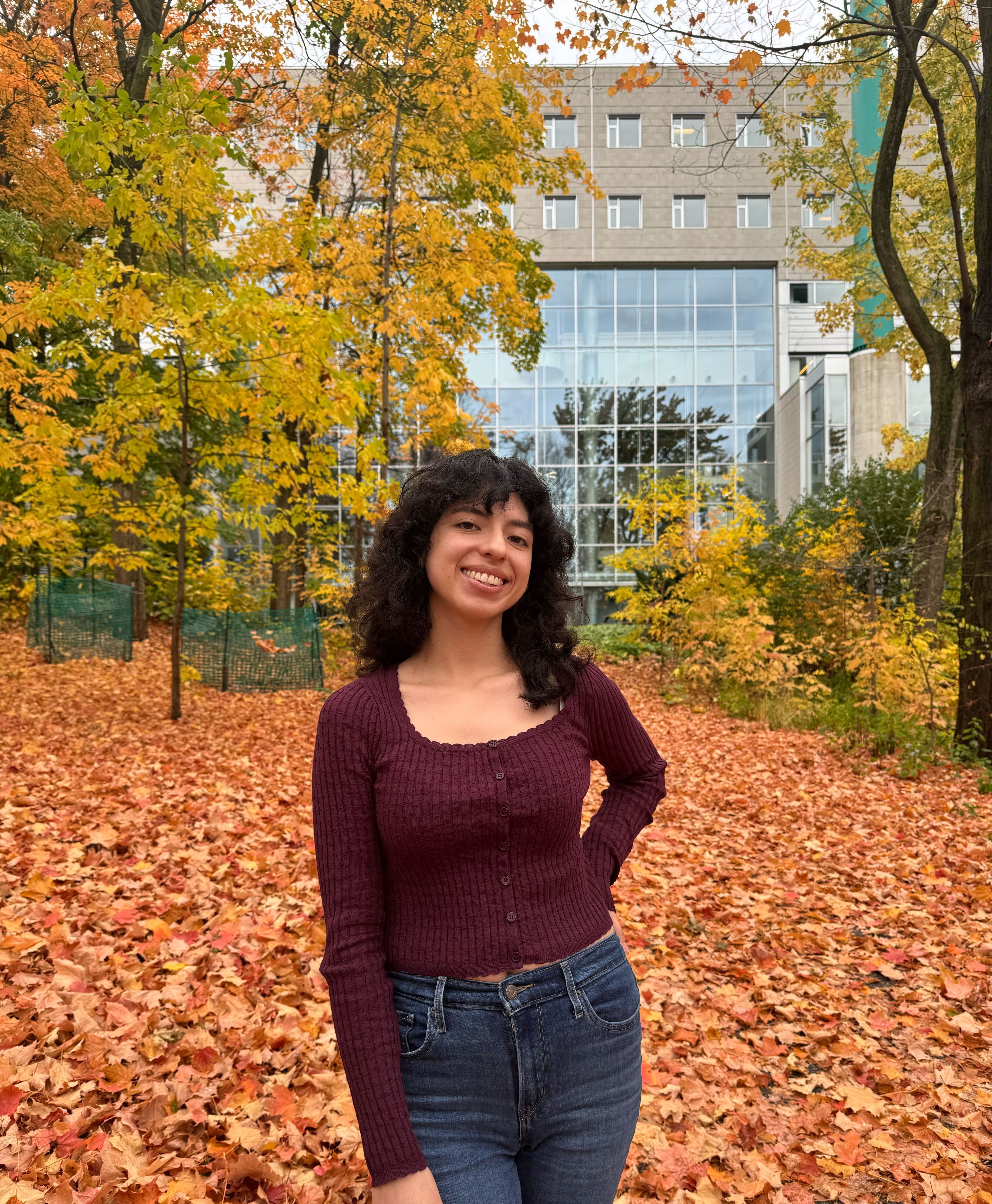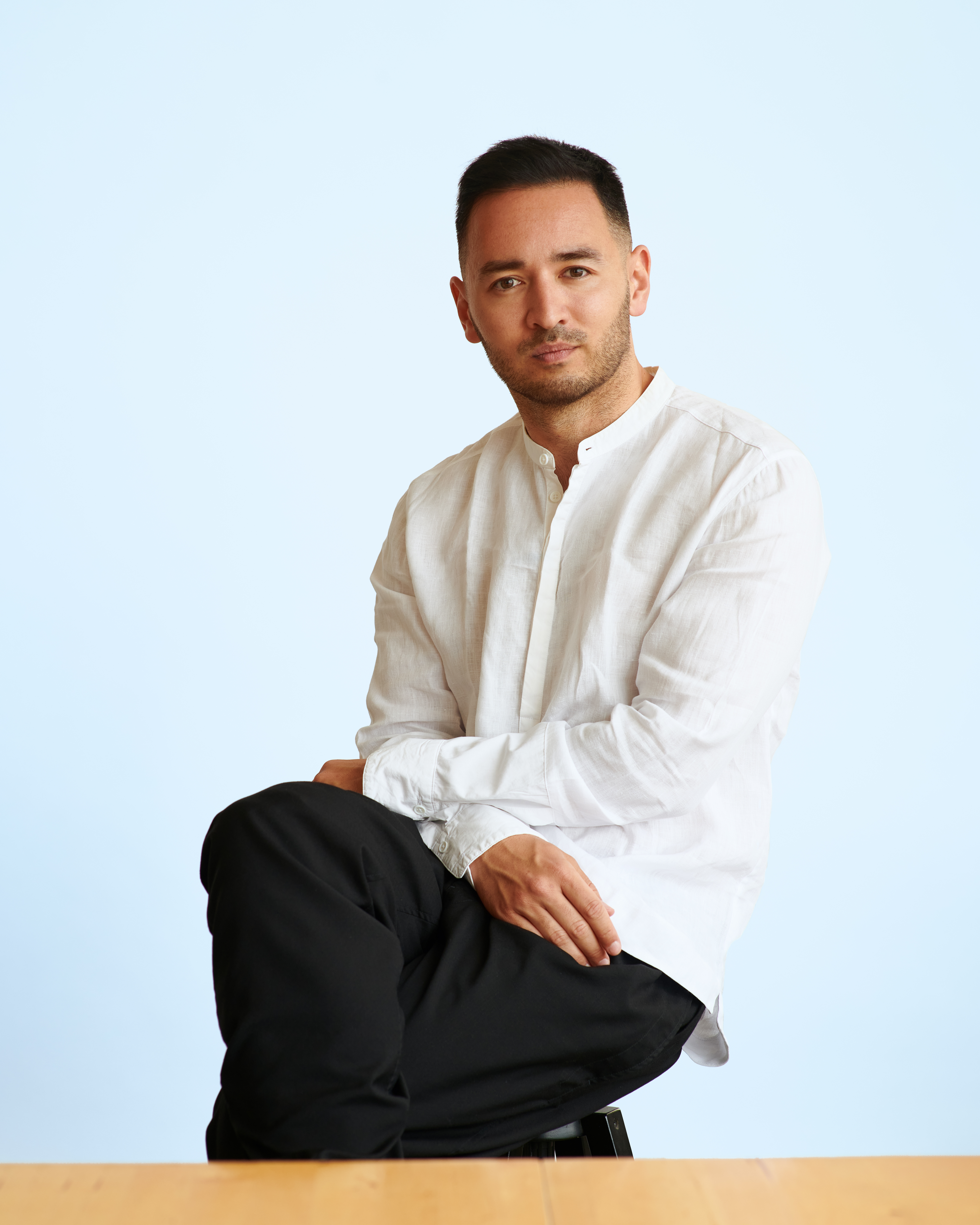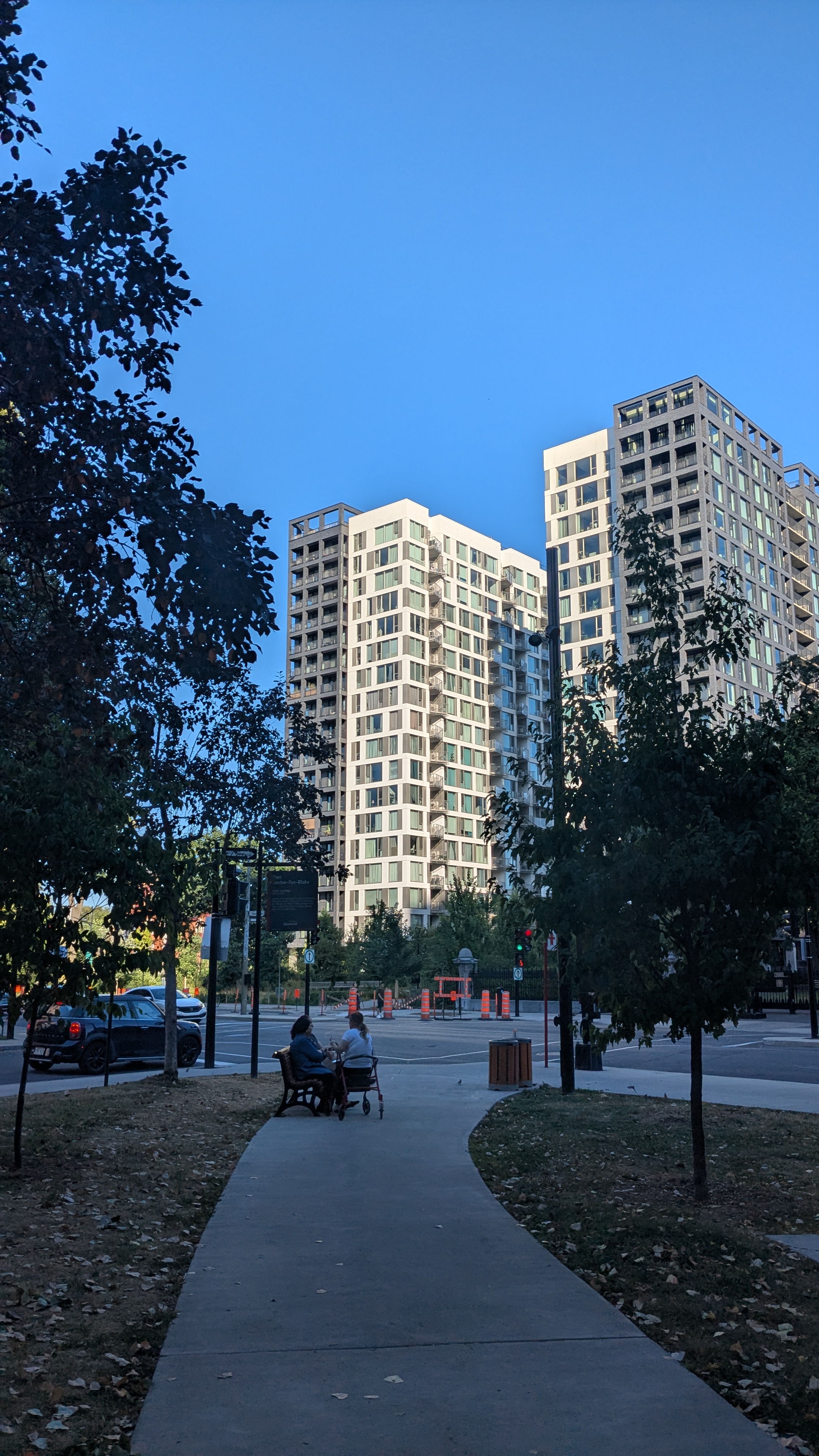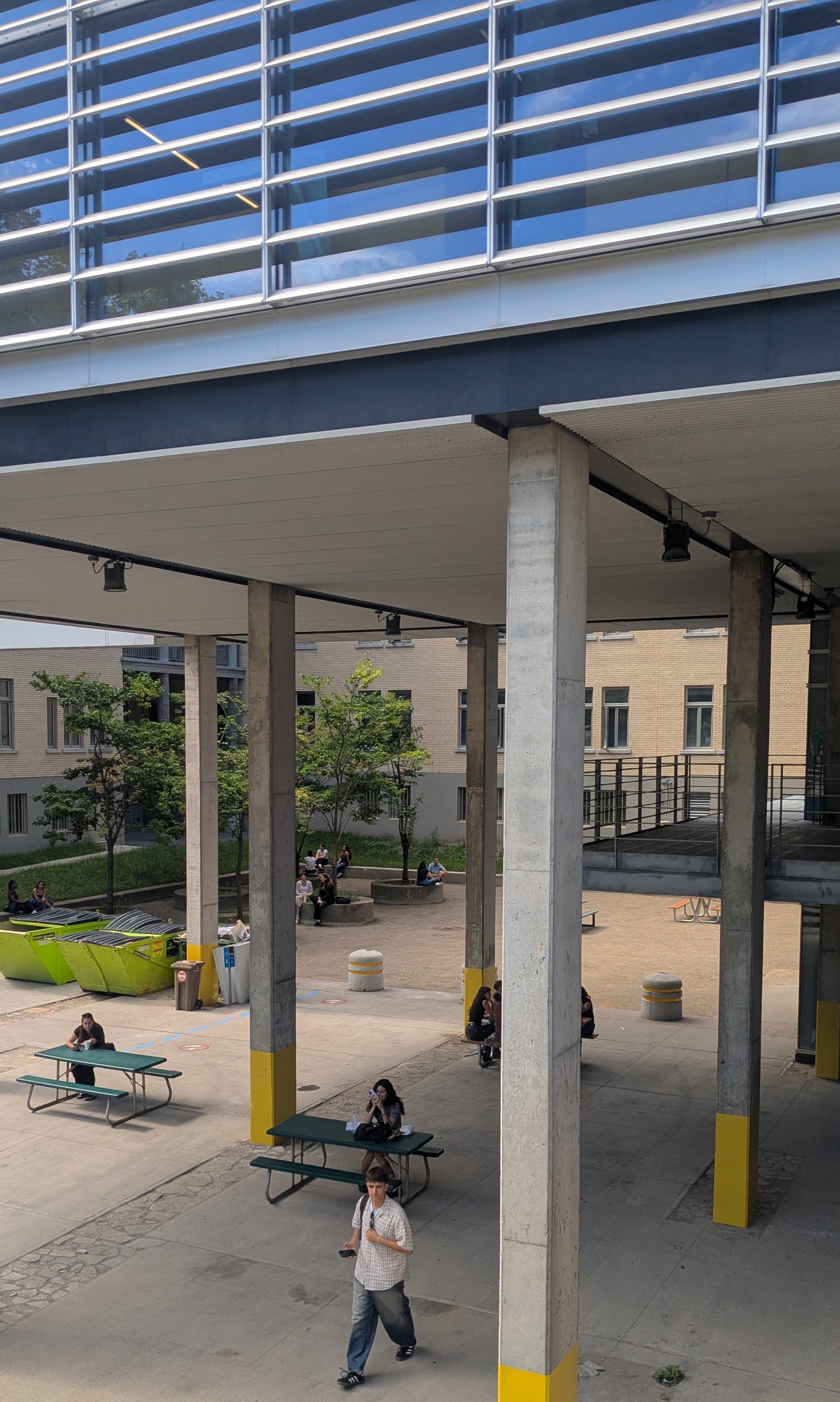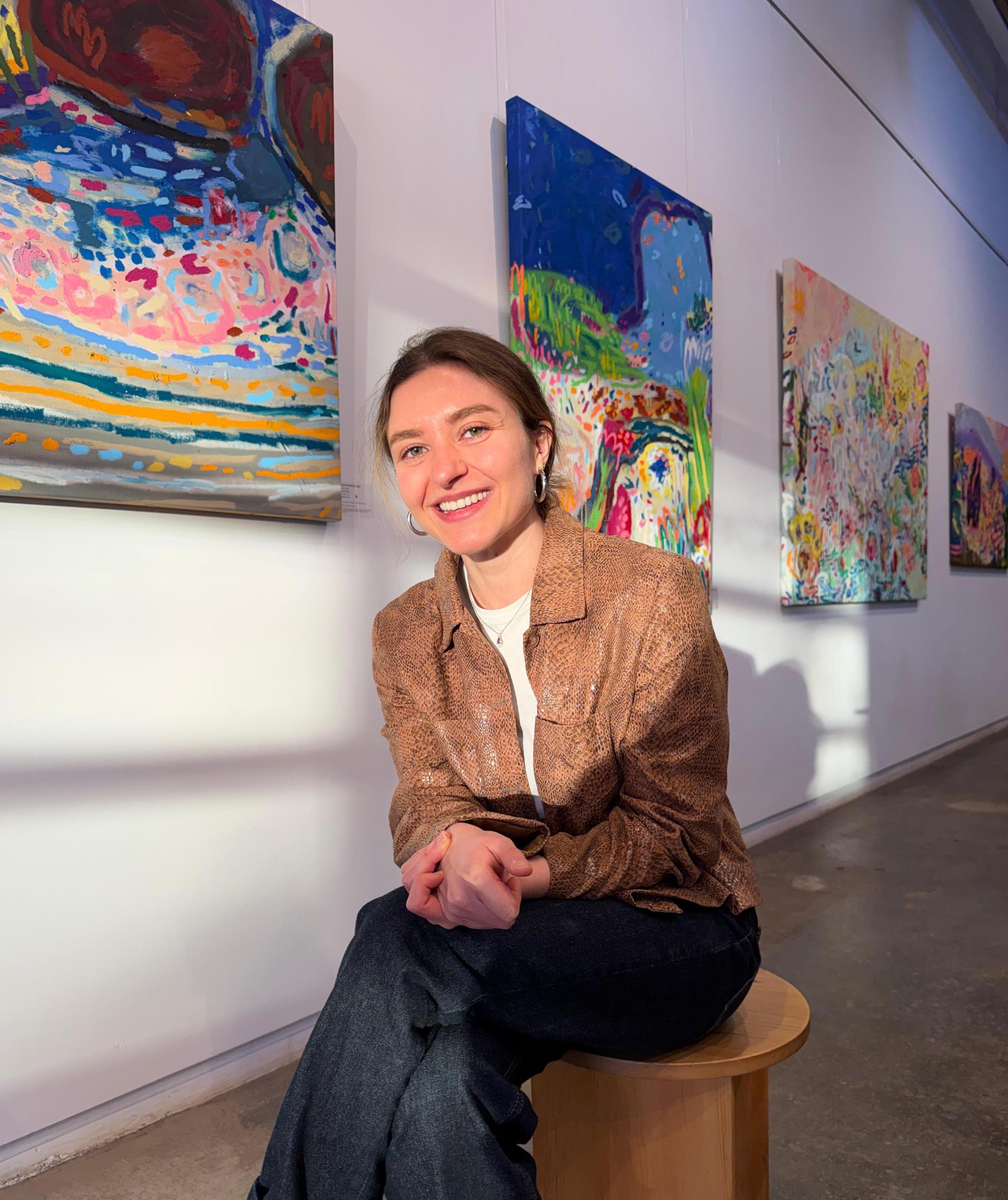
Meet Sarah Tannir, alumni of the UNESCO Chair in Urban Landscape!
Sarah worked as a research and communications assistant at the UNESCO Chair for over three years (2022-2025). Her master’s thesis, realized at the UNESCO Chair in Urban Landscape, explored how the rise of AI in urban environments impacts citizens’ mental health; particularly focusing on those who have anxiety and depression in Montréal. Her research received up to five grants and awards, including a scholarship from OBVIA (the International Observatory on the Societal Impacts of AI and Digital Technologies); as part of Supporting the Next Generation Scholarship Program.
